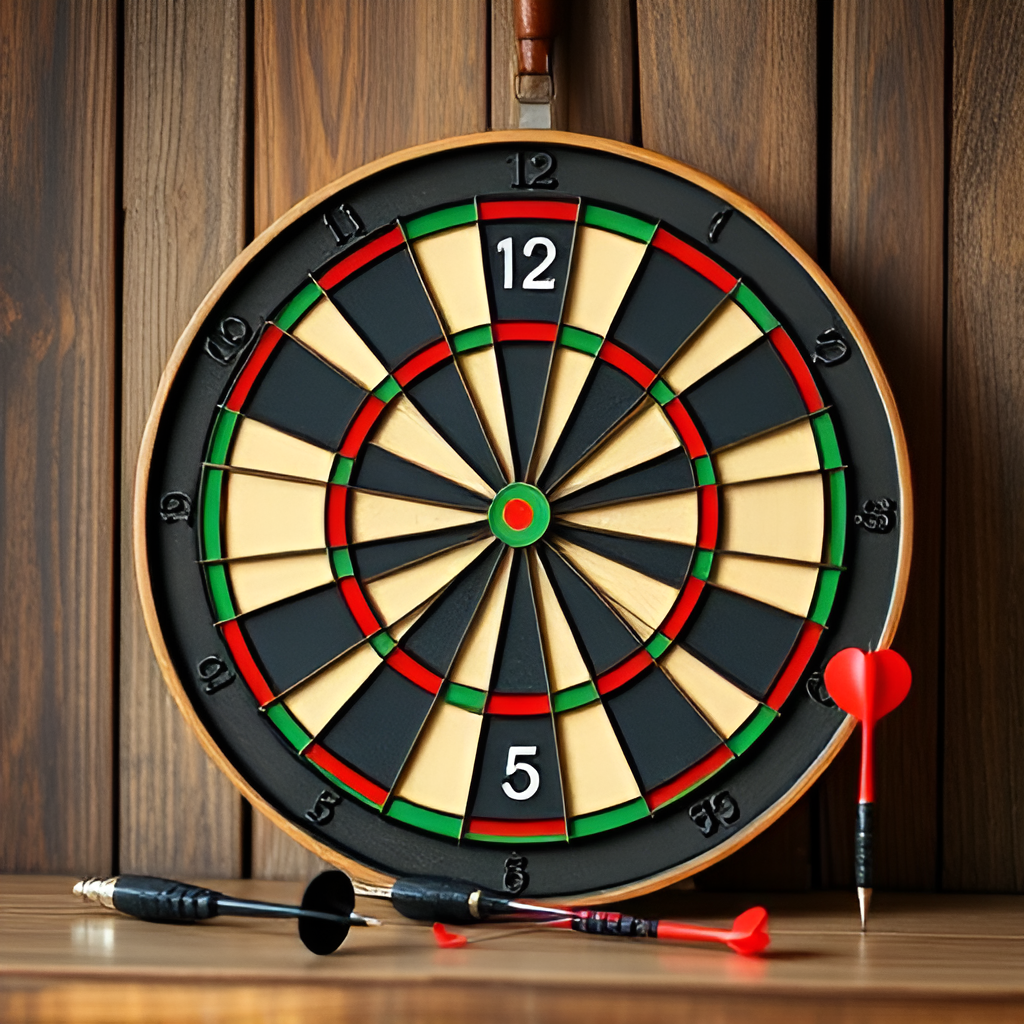Let’s talk about the real-life benefits of hobbies like cooking, video games, musical instruments like electric drums or MPC beat maker, darts, and a small home garden. These aren’t just ways to kill time—they’re powerful tools to boost your mental health, creativity, coordination, and even productivity. Whether you’re whipping up a spicy stir-fry, jamming out beats in your home studio, scoring bullseyes in your living room, leveling up in a game, or nurturing basil on your windowsill, these hobbies have hidden superpowers. Let’s dig into how they transform your life in ways you might not expect.
1. Cooking: More Than Just a Meal
Cooking isn’t just about feeding yourself—it’s an act of creativity, mindfulness, and even self-love. When you cook at home, you’re not only saving money and eating healthier, you’re also engaging your brain in a meaningful and relaxing way.
The perks of cooking as a hobby:
- Stress relief: Chopping, stirring, sautéing—it’s a rhythmic, almost meditative process.
- Creative outlet: Trying new spices, plating techniques, or fusion recipes keeps your mind active.
- Healthier lifestyle: You’re more likely to eat balanced meals and avoid processed foods.
- Confidence boost: Mastering new recipes or getting praise from others? Instant ego lift.
- Bonding time: Cooking for others is an act of care. It brings people together.
Plus, you don’t need a fancy kitchen. A few good knives, some basic pots, and a sense of adventure can turn any meal into a masterpiece.
2. Video Games: More Than Just Fun and Games
Yes, we all know video games are fun—but did you know they’re actually good for you too? Despite the old stereotypes, research shows that gaming can enhance cognitive function, reduce stress, and even improve social skills.
Key benefits of gaming:
- Improved problem-solving: Puzzle games, strategy RPGs, and even action games train your brain to think critically and adapt.
- Hand-eye coordination: Especially with fast-paced or first-person games.
- Stress relief: Immersing yourself in another world can be a powerful escape.
- Social interaction: Multiplayer games foster teamwork and help build community—especially when you’re playing with friends online.
- Goal-setting mindset: Games are all about leveling up, achieving milestones, and sticking with challenges.
Whether it’s a quick session of Mario Kart or an epic RPG grind, gaming can give you a well-earned mental refresh.
3. Musical Instruments: Electric Drums and MPC Beat Makers
You don’t have to be a classically trained musician to enjoy the benefits of music. Playing instruments like electric drums or an MPC beat maker is about expression, rhythm, and building something from nothing. It’s audio therapy for the soul.
Why making music rocks:
- Cognitive growth: Learning patterns, timing, and tempo strengthens brain connections.
- Emotional release: Music is a safe space to let feelings out—anger, joy, nostalgia.
- Motor skills: Hitting drums or tapping pads improves timing and coordination.
- Focus training: You enter a flow state where time seems to stop. It’s pure immersion.
- Endless creativity: Looping, layering, mixing—it’s like painting with sound.
And the best part? You can start small. MIDI controllers, virtual drum kits, or budget MPCs are all beginner-friendly.
4. Darts: Precision, Patience, and Play
Darts might look like a bar game, but it’s a hidden gem for developing precision, patience, and focus. It’s accessible, affordable, and incredibly satisfying once you get the hang of it.
The hidden benefits of playing darts:
- Improved hand-eye coordination: Like archery but with less pressure.
- Mental math practice: Scoring games like “501” make you think quickly.
- Focus and mindfulness: Every throw is a mini meditation.
- Stress relief: Repetitive action plus a satisfying “thunk” when you hit the board? Very zen.
- Friendly competition: Great for bonding with family and friends.
You don’t need a man cave—just a small wall space and a soft-tip board if you’re indoors.
5. Small Home Garden: Grow Your Own Peace
You don’t need acres of land to be a gardener. A few pots on a balcony or even a sunny window can bring huge benefits. Tending to a small home garden is grounding, rewarding, and surprisingly therapeutic.
Why getting your hands dirty is great:
- Reduces stress: Nature exposure—even a tiny bit—calms your nervous system.
- Boosts mental health: Watching something grow under your care is deeply satisfying.
- Fresh food: Home-grown herbs and veggies taste better. Period.
- Routine and responsibility: Plants thrive on consistency, which creates a natural rhythm in your day.
- Connection to life: There’s something primal and healing about nurturing living things.
Start with something simple like basil, mint, or cherry tomatoes. No green thumb required.
Why These Hobbies Work So Well Together
Here’s the thing: these hobbies aren’t just fun on their own—they complement each other. They form a kind of lifestyle matrix that hits every pillar of well-being.
- Cooking + Gardening: Grow your own herbs, then use them in your dishes. It’s a full-circle moment.
- Gaming + Darts: Both test your reflexes and focus, but in totally different ways.
- Music + Cooking: Throw on a beat you made while you whip up dinner—it’s your personal soundtrack.
- Gardening + Music: Play your drum pads outdoors or hum along while watering. Sensory bliss.
Mix and match them based on your mood or energy level. They create balance: active and restful, physical and mental, solo and social.
The Science Behind the Joy
Multiple studies back up the idea that hobbies are essential—not optional—for a balanced life. Here’s a quick rundown of what research says:
- Neuroscience: Hobbies that engage your hands (like cooking, music, and gardening) increase dopamine and serotonin levels.
- Cognitive psychology: Learning new skills keeps your brain plastic and adaptive, which helps delay cognitive decline.
- Positive psychology: Flow states—when you’re fully immersed in an activity—are linked to higher life satisfaction.
- Occupational therapy: Hobbies are a cornerstone of mental health recovery plans.
So when you say you’re “just playing around”—you’re actually investing in your long-term wellness.
No Time? Start Small
The best part about all these hobbies? They’re modular. You don’t need to devote hours a day to reap the benefits. Here’s how you can fit them into even the busiest lifestyle:
- 10 minutes of darts between work calls
- Chop veggies while listening to your beat loops
- Water your herbs while your game loads
- Record a quick drum riff after dinner
- Play a mobile game to unwind before bed
Every minute adds up. Don’t underestimate the power of tiny habits.
Final Thoughts: Hobby Up Your Life
You don’t need a five-year plan to become a hobbyist. Just follow what excites you. Maybe today it’s cooking, tomorrow it’s testing out a new beat, or planting seeds for the future—literally. What matters is that you’re showing up for yourself, in a way that feels good and sustainable.
The benefits of hobbies like cooking, video games, musical instruments like electric drums or MPC beat maker, darts, and a small home garden are real, tangible, and within reach. So go ahead—grab that controller, that spatula, those drumsticks, or that watering can. Your brain, body, and soul will thank you for it.
Want more tips, hobby ideas, or gear guides? Drop a comment or follow along for fresh inspiration every week. And remember—life’s better when you’re playing.



